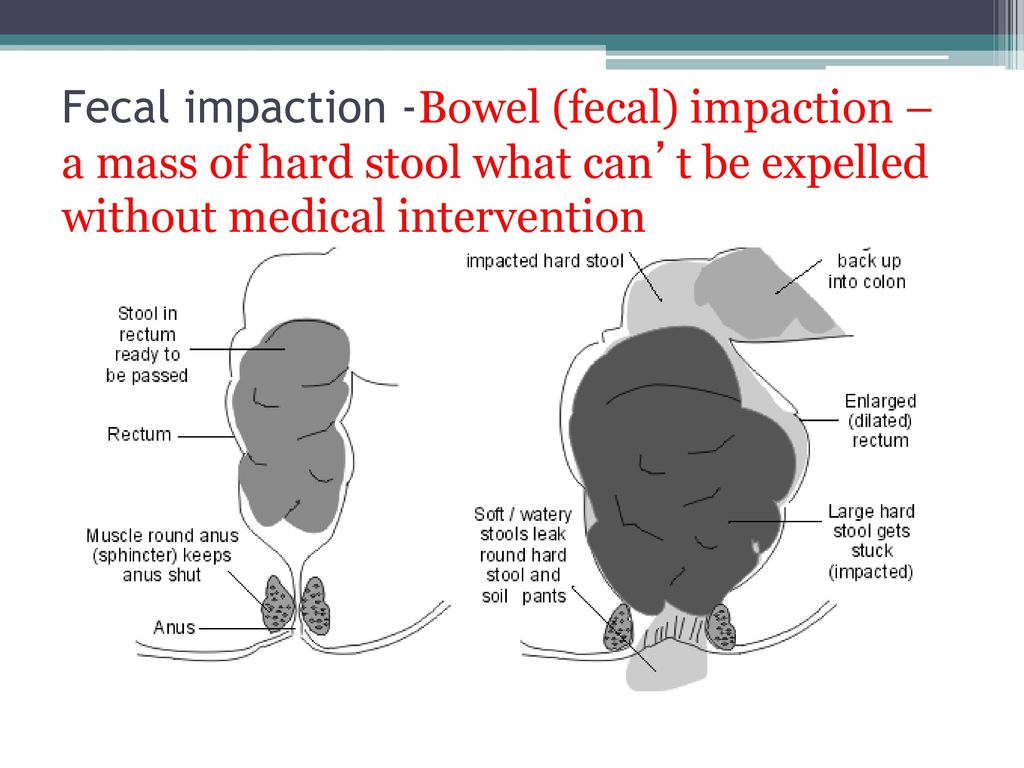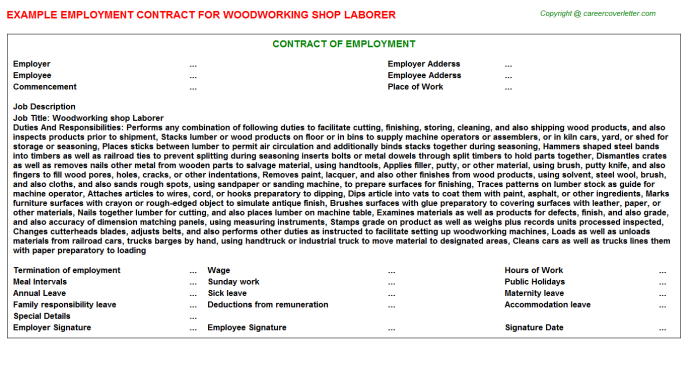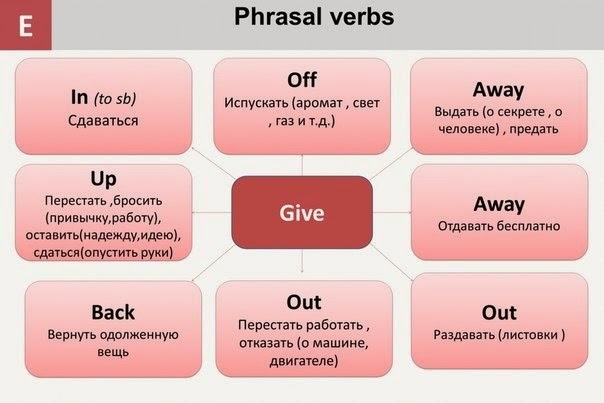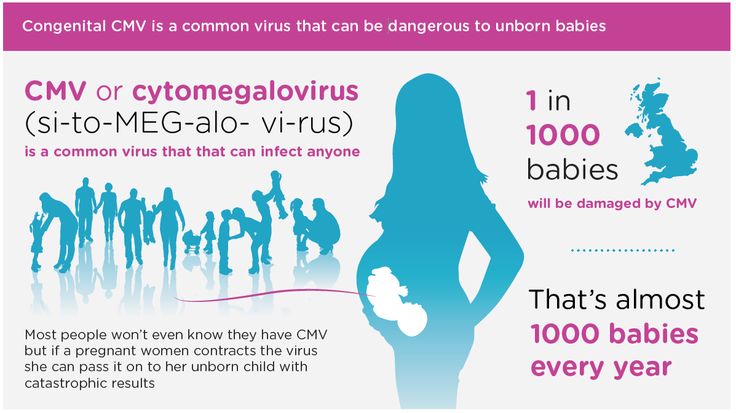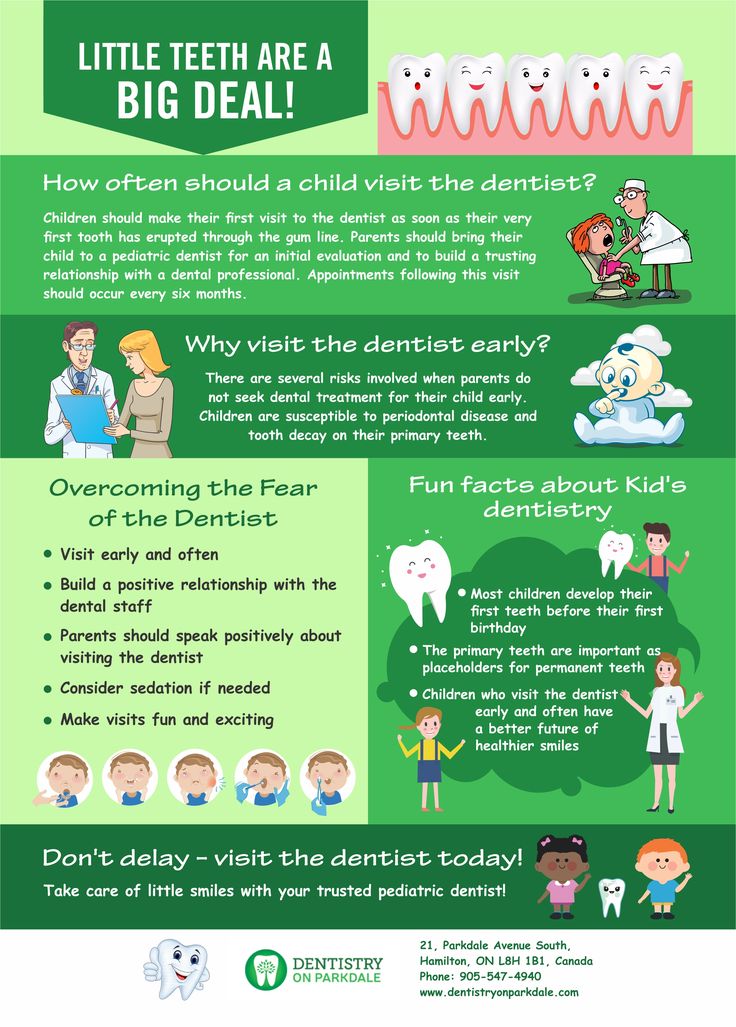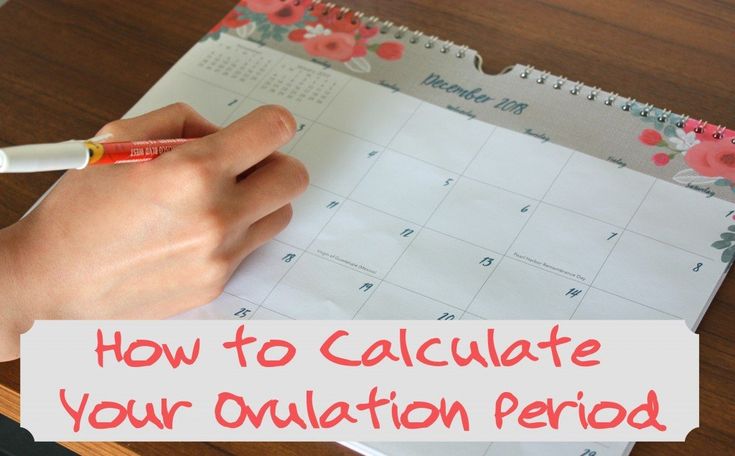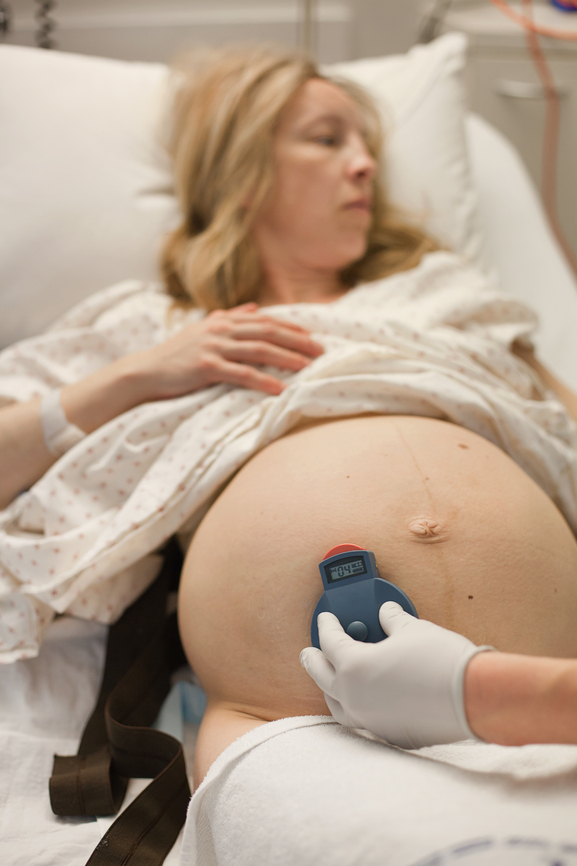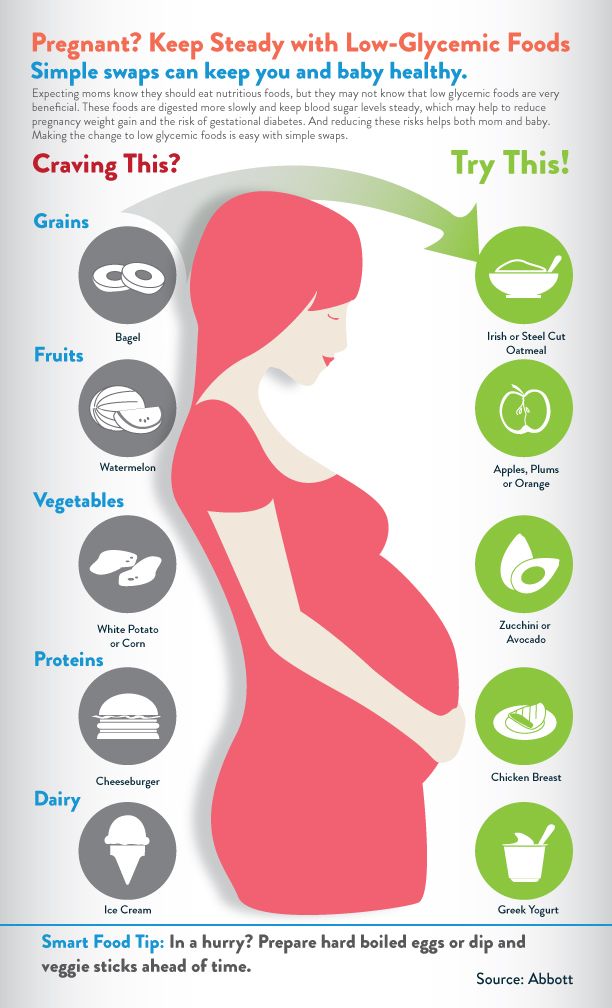Stool impaction during pregnancy
Causes, treatments, and home remedies
Constipation is a very common symptom that many women experience during pregnancy.
Some women have constipation at an early stage of their pregnancy, while it does not affect other women until much later on.
In this article, we explain why constipation is common in pregnancy and discuss safe treatments and home remedies that women can use to relieve the discomfort.
The cause of constipation during pregnancy depends on the stage at which it occurs. Possible causes include:
- Hormones: Changing hormone levels in early pregnancy cause the intestines to slow down the movement of stool through the bowel. This delay increases the amount of water that the colon absorbs from the stool, which makes it more solid and difficult to pass.
- Prenatal vitamins: Prenatal vitamins are chock-full of iron, a crucial mineral that can sometimes be deficient during pregnancy. Iron can cause constipation and hard, black stools.
- Pressure from the uterus: In later pregnancy, the growing uterus can put pressure on the bowel, making it harder to move stool through the intestines.
In addition to infrequent bowel movements, constipation can cause bloating, stomach discomfort, and hard, dry stools that are painful to pass. It can also result in a feeling that not all the stool has passed.
Constipation can be particularly uncomfortable during pregnancy.
During pregnancy, women can often relieve constipation using gentle, safe home remedies:
- Fiber: Taking fiber supplements or eating more fibrous foods, such as fruits, vegetables, and whole grains, can increase the number of stools and facilitate their passage through the intestines. Adults should eat between 28 and 34 grams of fiber each day.
- Fluid: Drinking enough water is important to keep stool soft and easy to pass. If a person feels that water is not helping, they can try adding clear soups, teas, and naturally sweetened fruit or vegetable juices to their diet.
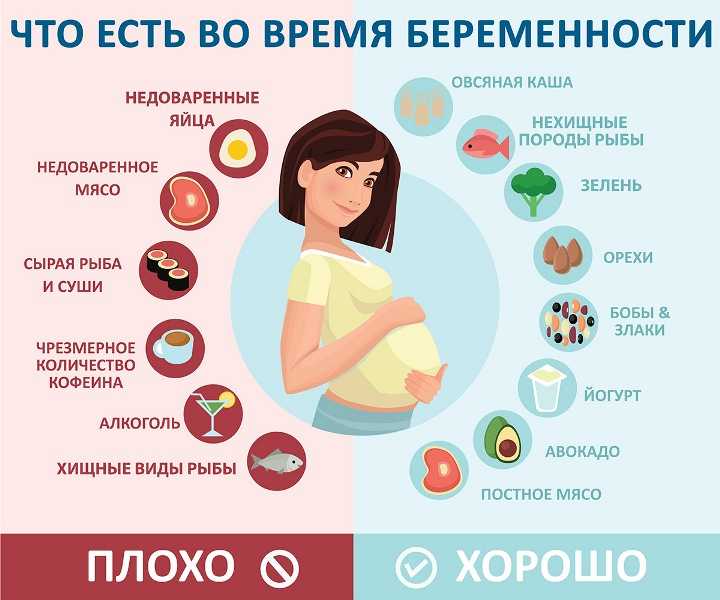
- Activity: Being active helps stool move through the intestines. Getting regular exercise, with a doctor’s approval, can help relieve constipation. If exercising is not a priority or possibility, try to fit in a gentle walk each day.
- Probiotics: Millions of healthy bacteria live in the gut and help it function correctly. Probiotics may help repopulate the gut bacteria with healthy strains that encourage normal and regular bowel movements. Foods high in probiotics include yogurt, sauerkraut, and kimchi.
If the home remedies above do not work, it may be time to discuss other options with a doctor.
For women taking prenatal vitamins that are high in iron, doctors may recommend trying a vitamin that contains less iron.
The primary medical treatment for constipation in pregnancy is a medication called a laxative, which makes it easier and more comfortable to go to the bathroom.
It is generally safe to use gentle laxatives, but it is best to avoid stimulant laxatives because they can induce uterine contractions.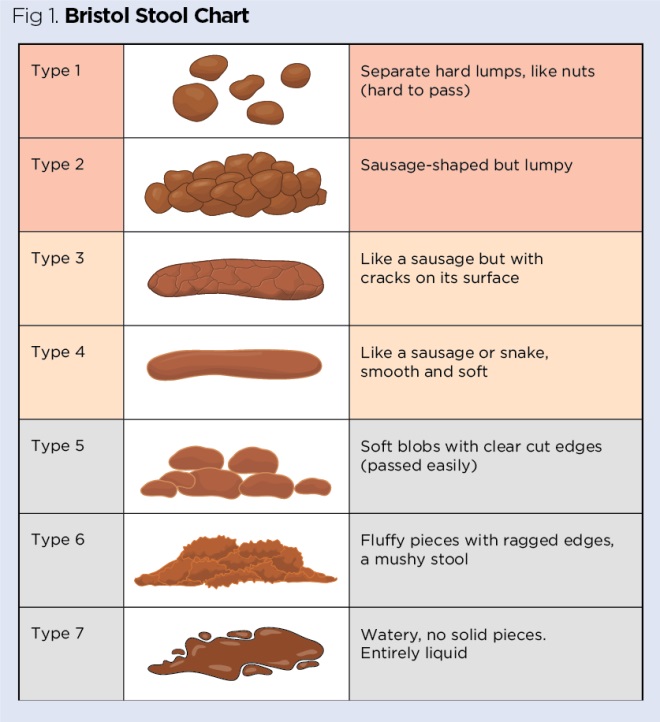
Although many laxatives are available over the counter, it is important to check with a doctor which one is safe to use. Limited information is available about using some of these medications during pregnancy.
Women can usually safely use the following types of laxative during pregnancy:
Bulk-forming agents
Bulk-forming agents mimic fiber by adding material to the stool and helping it absorb more water. By doing this, they make the stool larger, softer, and easier to pass.
These types of laxative can cause some cramping or discomfort, so people should start with the lowest dosage and ensure that they drink lots of water.
Examples of bulk-forming agents include psyllium, methylcellulose, and polycarbophil.
Stool softeners
Stool softeners add water to the stool to help make it softer and more comfortable to pass.
The stool softener that doctors most commonly recommend to pregnant women is docusate (Colace).
Lubricant laxatives
Lubricant laxatives add a slippery coating to either the stool or the inside of the intestinal tract to aid the passage of stool out of the body.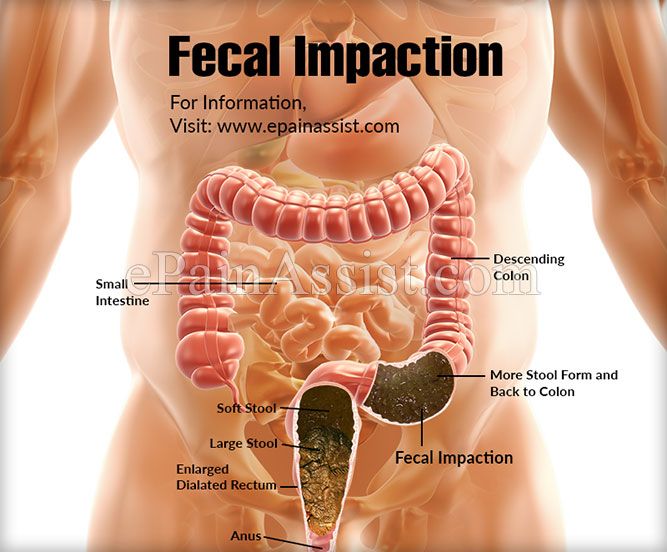
Glycerin suppositories are one type of lubricant laxative. It is essential to always speak to a healthcare professional before using suppositories, especially when pregnant.
Osmotic laxatives
By drawing more water into the intestines, these laxatives help soften the stool. They also allow the bowel to contract more to move the stool along. These types of laxative can also cause cramping and bloating in the abdomen.
Examples of osmotic laxatives include polyethylene glycol and magnesium hydroxide.
In most cases, constipation in pregnancy is short-lived and resolves with no or minimal treatment. In rare cases, however, prolonged constipation can cause fecal impaction, which may need removal by a doctor.
Continued use of certain types of laxative can cause the bowel to “forget” how to push stool through the intestines.
These drugs can also cause electrolyte or fluid imbalances in some people. Such issues usually affect people who have other health problems, such as diabetes or kidney disease.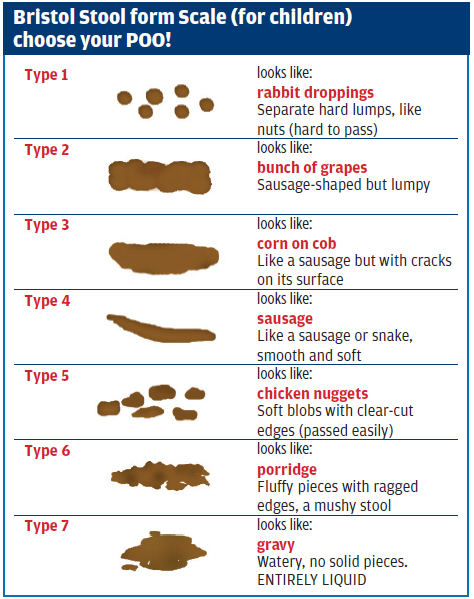
It is best to speak to a doctor about the types of laxative to take and how often to take them.
It is vital that pregnant women speak with their doctor before taking any medication, including laxatives or other constipation remedies.
Seeing a doctor is also advisable if any additional symptoms occur, including:
- nausea
- stomach pain
- vomiting
- constipation that lasts for longer than 1–2 weeks
- bleeding from the rectum
- no relief after using a laxative
As always, mention any other symptoms or concerns to the doctor for more specific information and advice.
Expert Tips to Relieve Constipation During Pregnancy
For all the bowel movement talk we do, there’s one area we seem to neglect—our own.
By Diana Spalding, CNM January 29, 2018
If you hang out with moms, you are probably aware just how much they (ahem, we) talk about our children’s poop.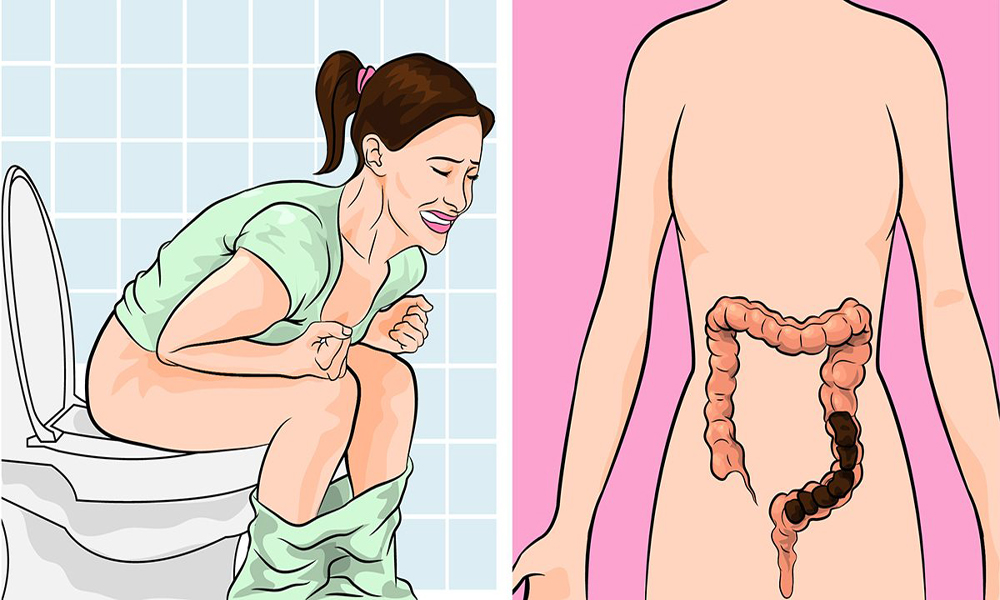 How much, how often and of course, all those badge-of-honor-poopslosion-up-the-onesie stories.
How much, how often and of course, all those badge-of-honor-poopslosion-up-the-onesie stories.
Yet for all the bowel movement talk we do, there’s one area we seem to neglect—our own… or rather, our own lack thereof. But we should! Up to one-third of pregnant women suffer from constipation. And if you are one of them, you understand what an impact it can have on you.
So! Let’s discuss.
Constipation is when you have three or less bowel movements (poops) in a week. You may also experience small or hard bowel movements and feeling the need to strain when you are in the bathroom.
Why does it happen in pregnancy?- The hormones of pregnancy slow everything down, including your GI tract
- Your changing diet and the way your body utilizes the food you eat
- Not eating enough fiber or drinking enough water
- A decrease in exercise.
- Iron in your prenatal vitamins can lead to constipation as well
- Pressure from your growing uterus
Rarely. The two main things to look out for are fecal impaction and hemorrhoids.
The two main things to look out for are fecal impaction and hemorrhoids.
Fecal impaction occurs when the feces gets so hard that it gets stuck in your rectum or colon. This requires immediately medical attention, so if you are constipated, reach out to your provider right away.
Hemorrhoids are swollen veins in your anus or rectum that occasionally protrude out of your anus. They are more common during pregnancy, and can occur with constipation as well, since you may be straining/pushing extra hard while having a bowel movement.
If you have hemorrhoids you may notice bleeding, swelling, pain or itching, or a lump near your anus. While they are often nothing to worry about, don’t hesitate to reach out to your provider just to make sure.
The biggest problem with constipation is that it’s just plain uncomfortable.
So what can you do about constipation?The first thing I’ll say is please, please don’t be embarrassed to call your OB or midwife.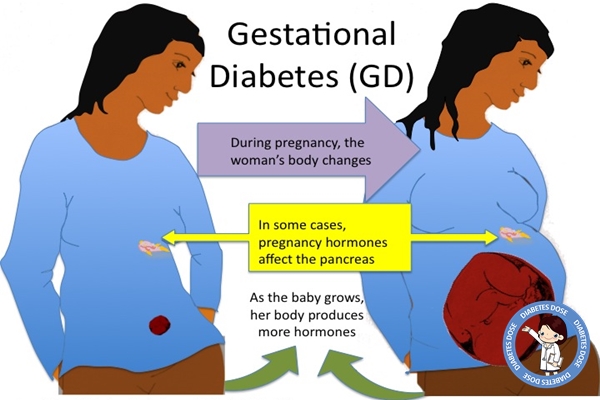 I promise you, we are so unfazed by stuff like this. Chances are you will be the third “constipation call” of the day. We are here to help you, call us!
I promise you, we are so unfazed by stuff like this. Chances are you will be the third “constipation call” of the day. We are here to help you, call us!
- Increasing foods with fiber, like whole grain cereals and breads, almonds, beans, popcorn, oranges, and oatmeal.
- Eat smaller meals more frequently instead of three big meals a day.
- Drink plenty of fluid (about 10 glasses/day).
- Exercise
- Talk to your doctor or midwife about laxatives, stool softeners and other medications
Hang in there, mama. This is rough for sure. Please just reach out for help, and know that you’re not alone—except for when you’re in the bathroom. We wont follow you in there.
Treatments for constipation during pregnancy
What is the problem?
The term "constipation" is defined as difficulty in passing stools and reduced frequency of stools (defecations - bowel movements to empty it).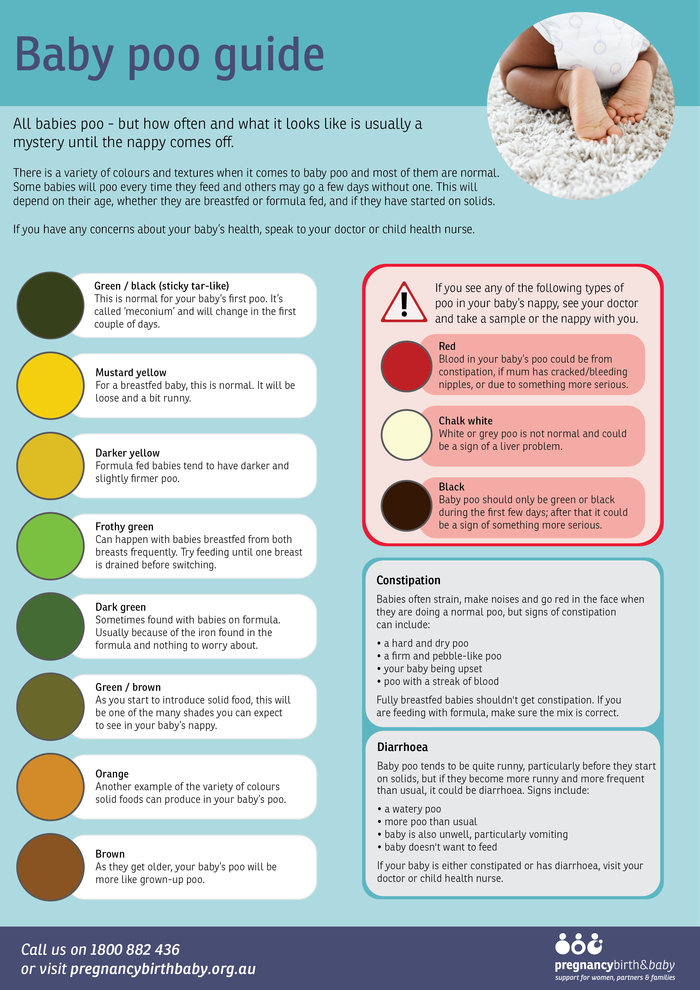 Constipation is characterized by discomfort, excessive straining, hard or lumpy stools, a feeling of incomplete emptying, and infrequent bowel movements. Constipation is a common symptom during pregnancy. This may be the result of a combination of factors including hormonal changes (shifts) during pregnancy affecting the digestive system, physical inactivity, and dietary changes during pregnancy. Also, as the fetus (baby) grows, it can compress the mother's intestines and thereby cause bowel delays/obstructions.
Constipation is characterized by discomfort, excessive straining, hard or lumpy stools, a feeling of incomplete emptying, and infrequent bowel movements. Constipation is a common symptom during pregnancy. This may be the result of a combination of factors including hormonal changes (shifts) during pregnancy affecting the digestive system, physical inactivity, and dietary changes during pregnancy. Also, as the fetus (baby) grows, it can compress the mother's intestines and thereby cause bowel delays/obstructions.
Why is this important?
Constipation during pregnancy is associated with impaired quality of life and distress for pregnant women, as well as physical problems, including the development of hemorrhoids. A number of treatment options have been suggested, including the use of medications, nutritional supplements, or dietary changes.
Non-pharmacological interventions (changes in diet, water intake and exercise) are generally recommended initially, and if these are ineffective or insufficient, medical (pharmacological) interventions are recommended. Medical interventions include a wide range of drugs: lubricants (lubricants), bulking agents, osmotic and stimulant laxatives, stool softeners (emollient laxatives), enemas and suppositories (laxatives in suppositories and enemas).
Medical interventions include a wide range of drugs: lubricants (lubricants), bulking agents, osmotic and stimulant laxatives, stool softeners (emollient laxatives), enemas and suppositories (laxatives in suppositories and enemas).
This review looked at the benefits of drug and non-drug interventions for constipation in pregnancy and whether they are safe for women and children.
What evidence did we find?
We identified four studies, but only two studies (a total of 180 women) provided data for analysis. These studies compared stimulant laxatives with bulk laxatives and dietary supplements (dietary fiber) with no intervention. The included studies were considered to be of moderate (moderate) quality.
We have looked at two main comparisons. In the first comparison, we found that stimulant laxatives may be more effective in treating constipation than bulk laxatives ( moderate-quality evidence ). However, it can also lead to more abdominal discomfort ( low-quality evidence ) and diarrhea ( moderate-quality evidence ).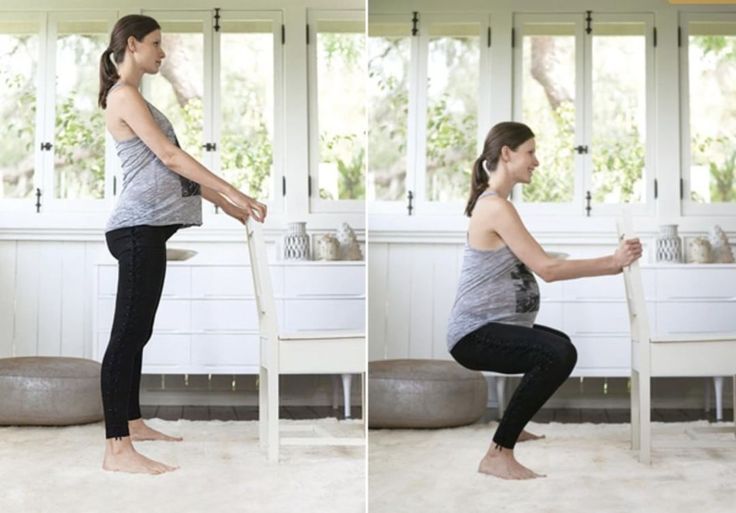 We found no difference in women's satisfaction ( moderate quality of evidence ). A second comparison between fiber supplementation and no intervention found that fiber supplementation may be effective in increasing stool frequency ( moderate-quality evidence ). The use of dietary supplements (fibers) was associated with improved stool consistency as defined by the testers (hard stool frequency decreased by 11% to 14%, normal stool frequency increased by 5% to 10%, and loose stool frequency increased by 0% to 6 %).
We found no difference in women's satisfaction ( moderate quality of evidence ). A second comparison between fiber supplementation and no intervention found that fiber supplementation may be effective in increasing stool frequency ( moderate-quality evidence ). The use of dietary supplements (fibers) was associated with improved stool consistency as defined by the testers (hard stool frequency decreased by 11% to 14%, normal stool frequency increased by 5% to 10%, and loose stool frequency increased by 0% to 6 %).
There were no studies looking at other types of interventions such as osmotic laxatives, stool softeners (stool softener laxatives), lubricants (lubricating laxatives), enemas, and suppositories (suppositories).
What does this mean?
What little evidence exists suggests that dietary supplements rich in fiber (or fiber - bulk laxatives or fillers) may increase stool frequency. When choosing between stimulant or bulk laxatives: stimulant laxatives may provide better relief of constipation, but may be more likely to cause abdominal discomfort and diarrhea.
More research is needed in this area.
Translation notes:
Translation: Dzhumalieva Elnura Mukhodinovna. Editing: Ziganshina Lilia Evgenievna. Project coordination for translation into Russian: Cochrane Russia - Cochrane Russia (branch of the Northern Cochrane Center on the basis of Kazan Federal University). For questions related to this translation, please contact us at: [email protected]
Manifestations of constipation in pregnant women - signs and symptoms
Co-author, editor and medical expert - Klimovich Elina Valerievna.
Number of Views: 53,923
Last Updated: 11/24/2022
Average Read Time: 4 minutes
Constipation is a common problem during pregnancy. About 75% of women complain of problems with bowel movements during pregnancy. At the same time, these difficulties remain in about a third of women after childbirth.
Contents:
Detailed description of symptoms
What can cause constipation in a pregnant woman
Our body constantly produces substances that stimulate bowel movements.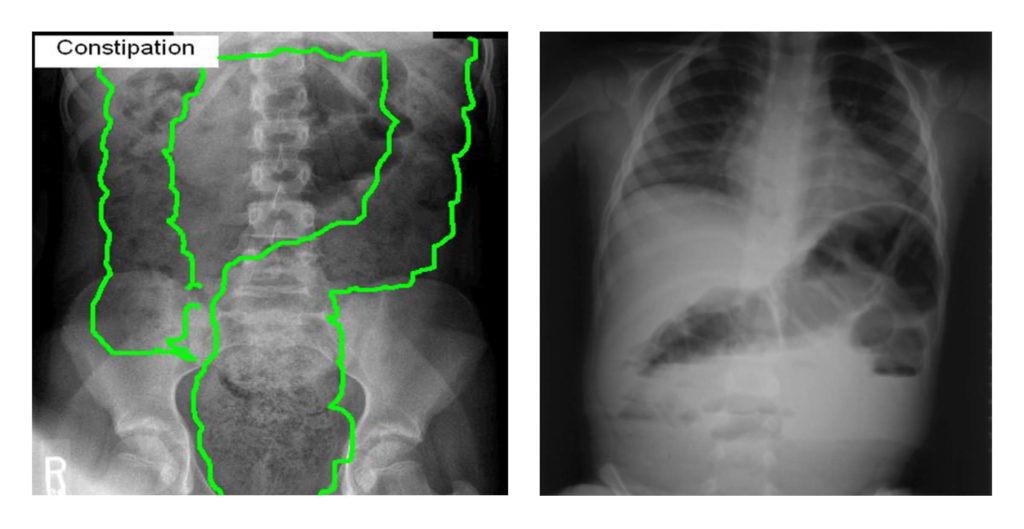 During pregnancy, the susceptibility of the intestinal muscles to various kinds of irritants is significantly reduced. The change in the intensity of intestinal reactions is due to the fact that it has a common innervation * with the uterus, because of this, any excessive activation of peristalsis can provoke contractile activity of the uterus. This can be a threat to the child. Unfortunately, this defensive reaction has unpleasant consequences - constipation. Often they occur between 17 and 36 weeks of pregnancy.
During pregnancy, the susceptibility of the intestinal muscles to various kinds of irritants is significantly reduced. The change in the intensity of intestinal reactions is due to the fact that it has a common innervation * with the uterus, because of this, any excessive activation of peristalsis can provoke contractile activity of the uterus. This can be a threat to the child. Unfortunately, this defensive reaction has unpleasant consequences - constipation. Often they occur between 17 and 36 weeks of pregnancy.
Clinically, constipation in pregnant women is manifested by several main symptoms:
- stool retention for more than 3 days and problems with passing gases, flatulence;
- unpleasant feeling of incomplete emptying of the bowels;
- the need to strain during bowel movements;
- painful stools;
- "sheep feces" (hard, dry, fragmented feces).
In the event of constipation, you should always seek medical advice, especially if you notice deterioration and pain.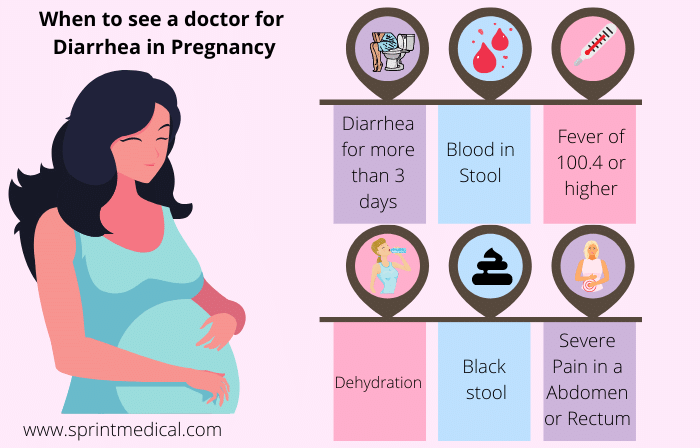
Back to top
Detailed description of symptoms
Constipation is characterized by decreased stool frequency. It happens that a pregnant woman manages to empty her intestines only once a week or less. The consistency of feces changes, discomfort and pain in the abdomen (often in its left half), there is a feeling of dissatisfaction after the stool.
Atonic constipation is characterized by very painful defecation, which occurs with great difficulty. Due to microscopic tears of the mucous membrane of the anus, streaks of blood may appear on the surface of the feces. Spasmodic constipation is characterized by fragmented stools ("sheep feces"). This condition is often accompanied by flatulence, a feeling of pressure, expansion, spasmodic pains in the abdomen. With prolonged constipation, there may be a feeling of lethargy, fatigue, a significant decrease in efficiency.
Pain in a pregnant woman occurs for no apparent reason or may be the result of excitement or exercise. Attacks of acute pain or exacerbation of constant discomfort, as a rule, are associated with negative emotions. The pain can be of varying strength, for example, in some cases it radiates to the lower back, leg, anus, and even the genitals. In some pregnant women, along with abdominal pain, there is a burning sensation in the rectum and itching in the anus. Nausea, bitterness in the mouth are often noted; passing gases is difficult.
Attacks of acute pain or exacerbation of constant discomfort, as a rule, are associated with negative emotions. The pain can be of varying strength, for example, in some cases it radiates to the lower back, leg, anus, and even the genitals. In some pregnant women, along with abdominal pain, there is a burning sensation in the rectum and itching in the anus. Nausea, bitterness in the mouth are often noted; passing gases is difficult.
Back to contents
What causes constipation in a pregnant woman
Feces in the rectum, which a pregnant woman cannot get rid of for a long time, bring her considerable discomfort. However, these are not the only consequences of constipation.
- The large intestine mucosa is characterized by absorptive capacity; in case of constipation, not only water is absorbed into the blood, but also various toxic metabolic products. Intoxication of the woman and the fetus can lead to negative consequences and disrupt the development of the child in the future.
